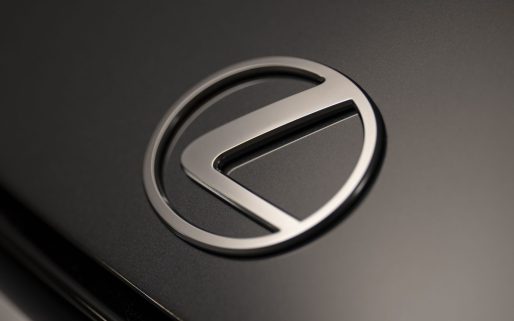Choosing a company car requires decisions to be made by two parties. We have already discussed the area of Benefit In Kind, which allows the business user to choose a vehicle based on its financial impact on their monthly after tax salary.
Before being offered a company car, however, the employer will have needed to consider the vehicle’s Total Cost of Ownership (TCO) – a figure that directly affects the company’s cost base. As the name suggests, TCO is the bottom-line cost to the company of any vehicle once all financial implications have been balanced.

How is Total Cost of Ownership calculated?
Viewed as a mathematical equation in its simplest form, TCO is the original purchase price of the vehicle minus its future value (depreciation), plus all tax and running costs. Key factors include:
- Depreciation
- Employer’s National Insurance
- Service, maintenance and repair (SMR) costs
- Fuel costs
- Insurance
This means that the initial purchase price of a vehicle does not always offer a reliable indication of how much a car will cost to run. In fact, a vehicle with a more expensive list price but that offers good value running costs and low depreciation can actually be more affordable for a company than a vehicle with a lower original purchase price.

How do Lexus vehicles measure up in terms of TCO?
As a luxury brand, Lexus models naturally reside at the premium end of their respective segments. But we believe they offer the perfect choice for fleet managers, by virtue of their low TCO. Let’s take a closer look at those key factors.
- Depreciation: 99% of Lexus sales are hybrid vehicles. With low CO2, NOx and PMxx (particulate) emissions, together with excellent build quality and durability, used car demand for these vehicles is at record levels. This demand has produced high residual values and therefore low depreciation.
- Employer’s National Insurance: As with BIK, low CO2 leads to a low tax charge. Lexus hybrid vehicles are very tax-efficient.
- SMR costs: Smooth power delivery reduces tyre wear, while regenerative braking reduces disc and pad wear. Both of these reduce the need for replacement parts, thereby reducing costs.
- Fuel costs: The exceptional fuel economy of hybrid systems, together with their use of cheaper petrol for fuel, reduces costs.
- Insurance: Standard fitment of the Lexus Safety System+ suite of active safety measures not only reduces accidents but also lowers insurance groupings. This means lower insurance cost for drivers.
Lexus has an experienced team of fleet specialists who are committed to providing an outstanding level of customer service. Contact the business support team at your local Lexus centre for more information, or call the national fleet team on 0344 701 6186. They will be able to provide all the comparable facts and figures needed to make an informed decision on running a tax-efficient fleet with low running costs.
Learn more: The Lexus guide to Benefit In Kind (BIK)




